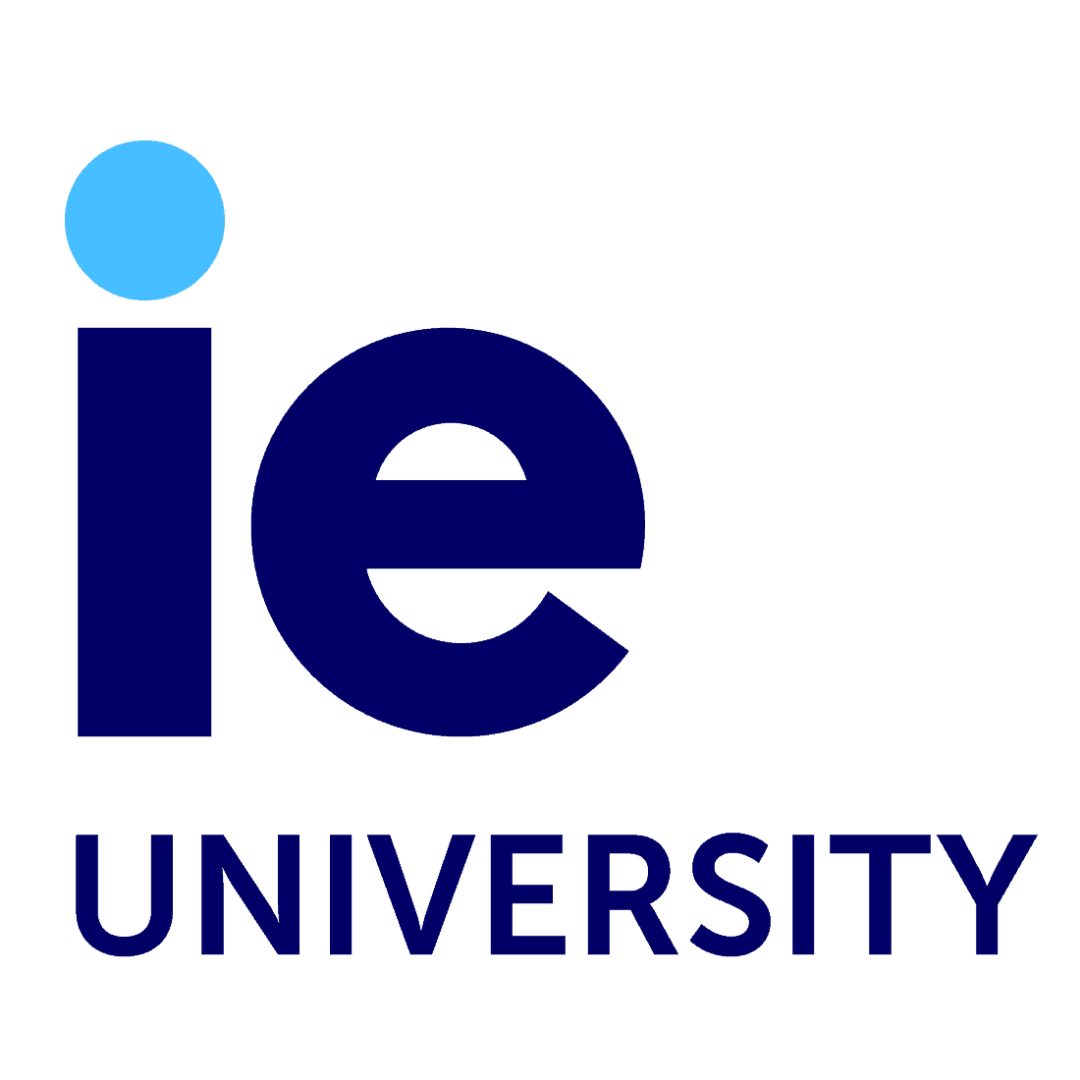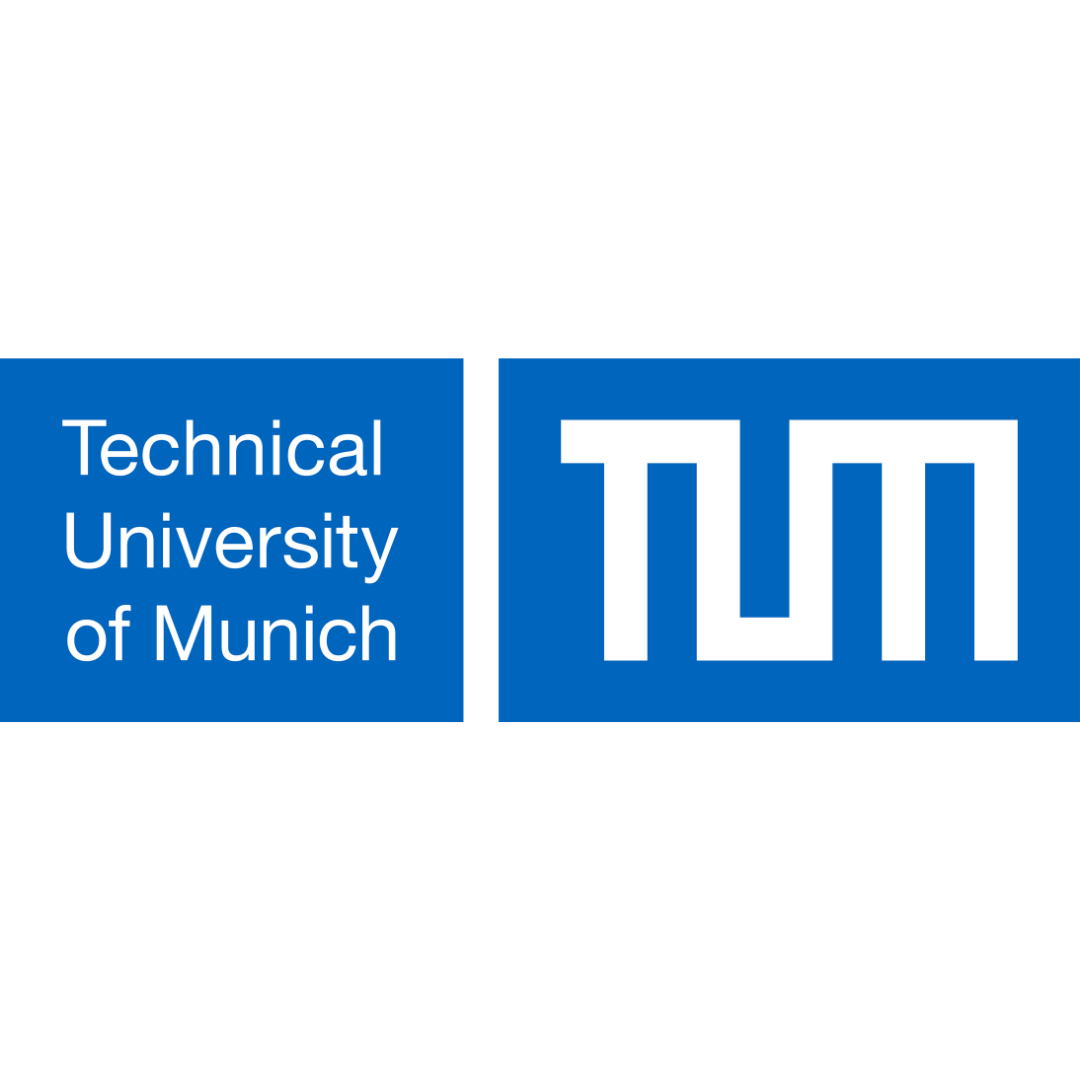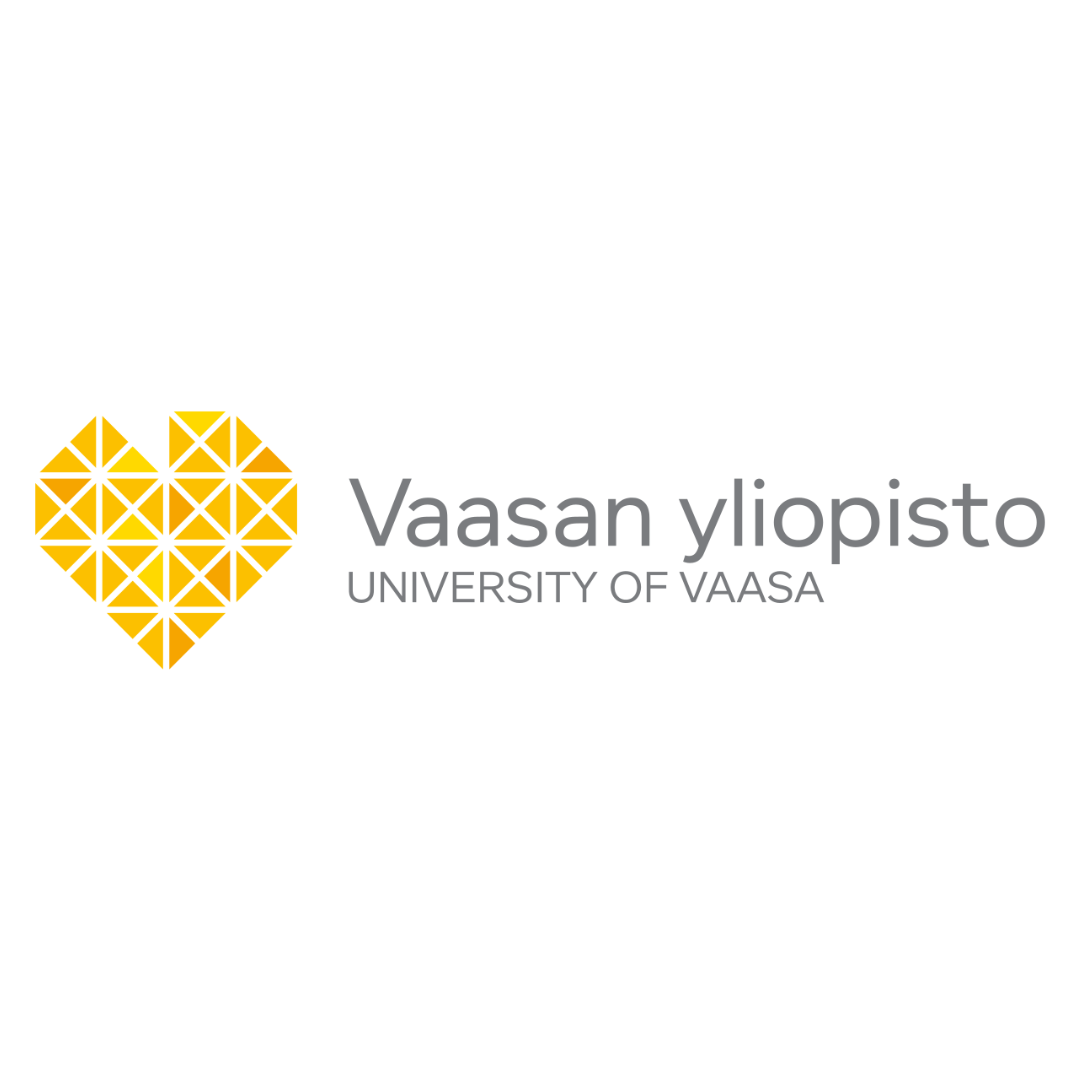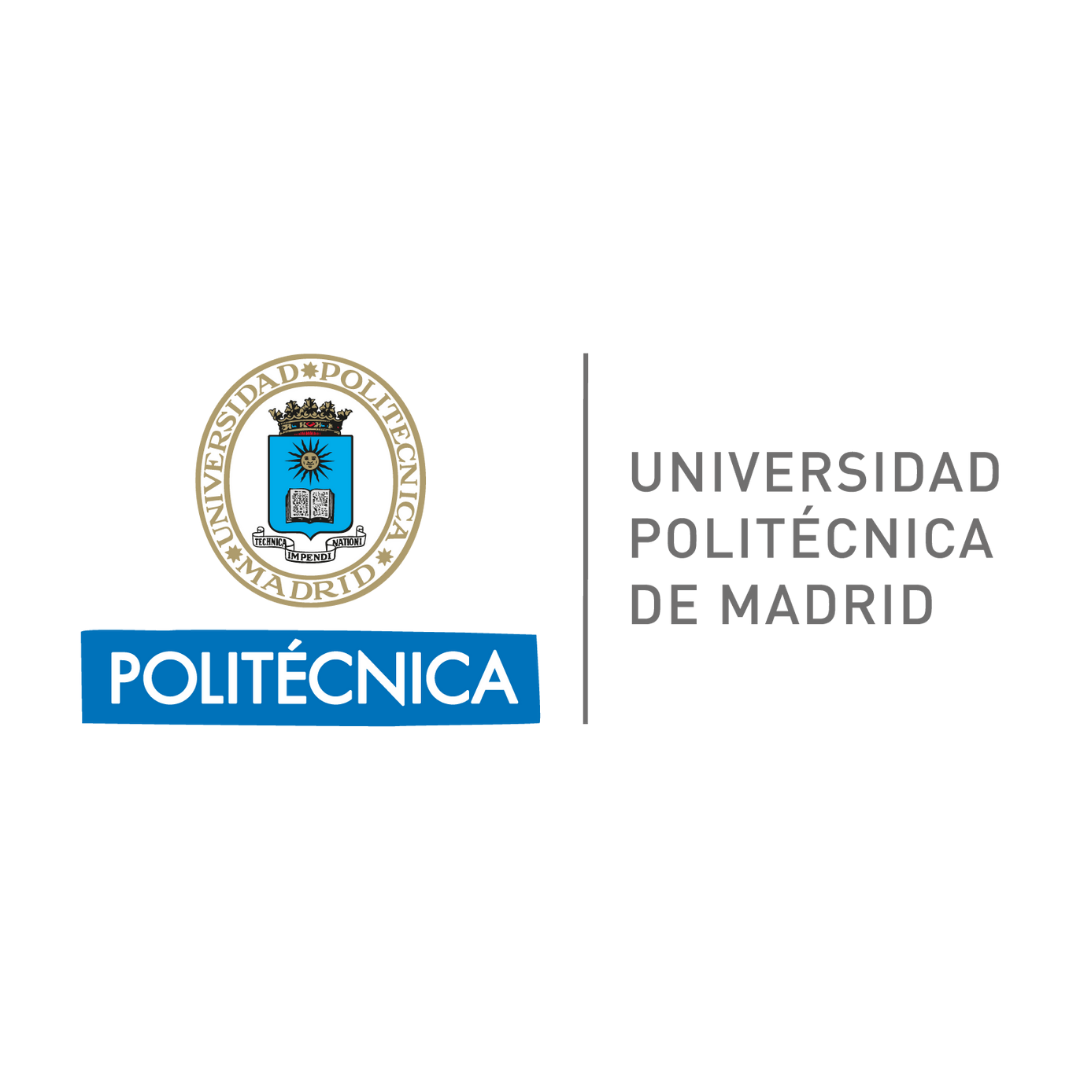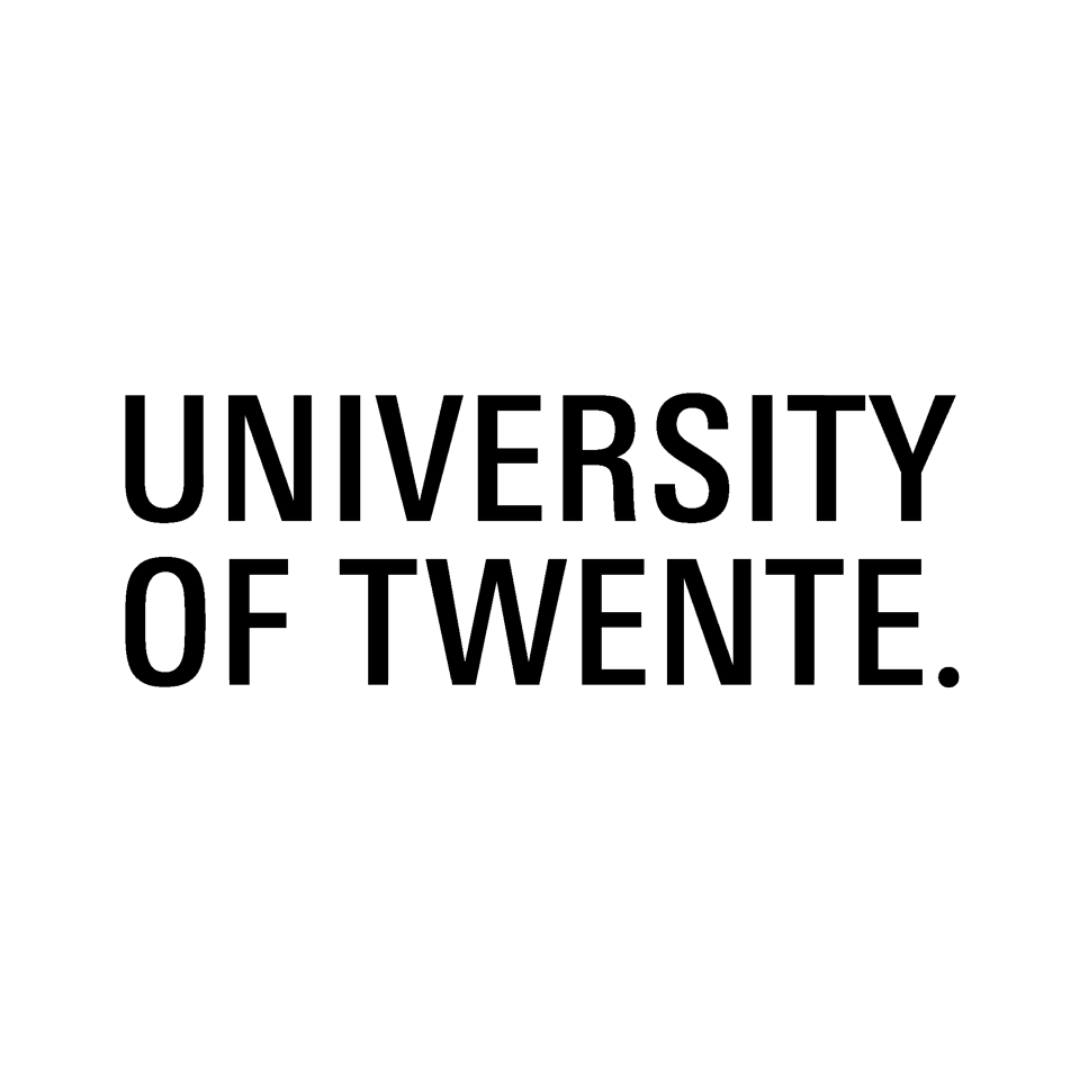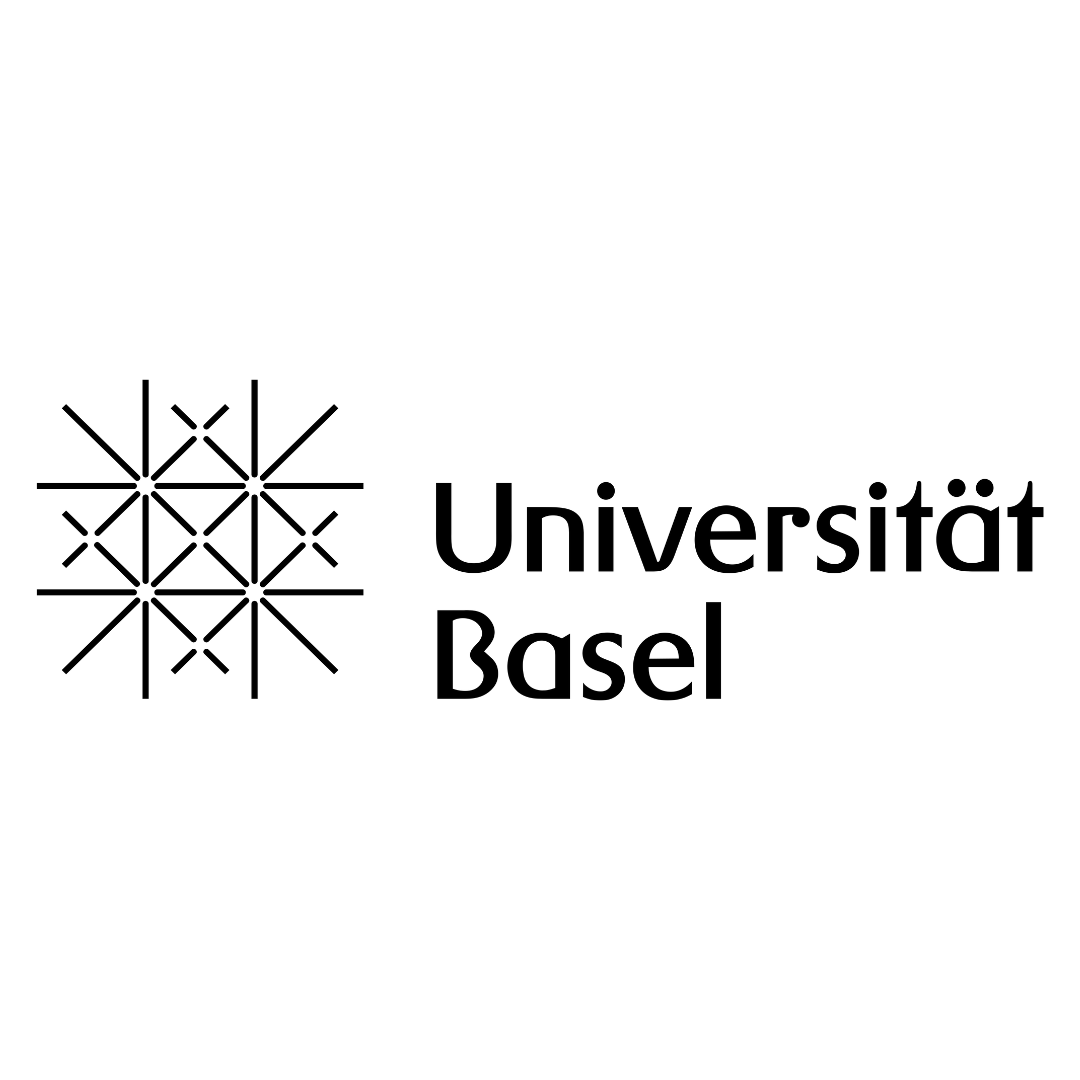IE (Instituto de Empresa)
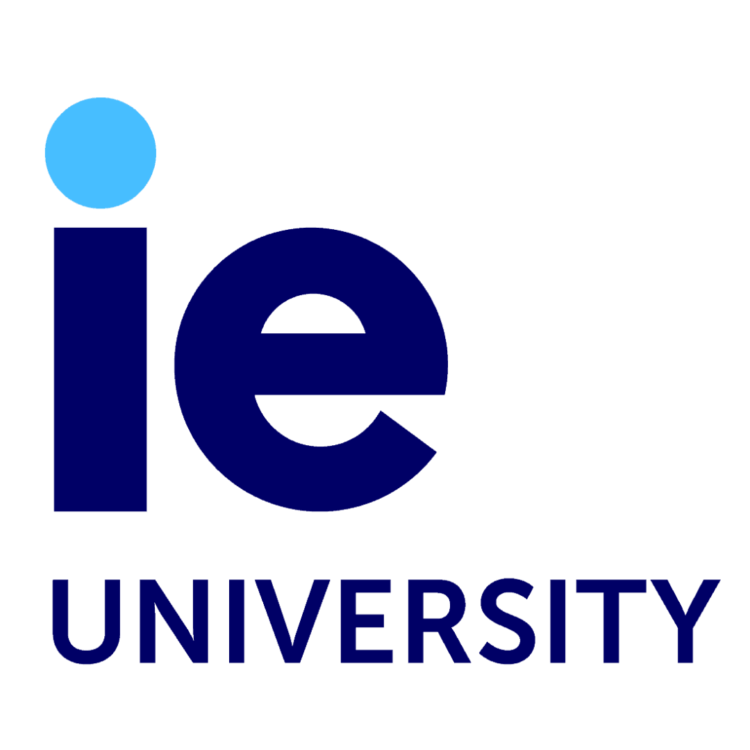 IE (Instituto de Empresa) was founded in Madrid, Spain as a graduate professional school in business and law in 1973, born with the purpose to foster an entrepreneurial, innovative and sustainable environment through its multiple programs. Over the years, IE established multiple international partnerships with other universities such as a dual MBA with Brown University and an Asian-focused program run with Singapore Management University. IE University opened to undergraduates in 2006.
IE (Instituto de Empresa) was founded in Madrid, Spain as a graduate professional school in business and law in 1973, born with the purpose to foster an entrepreneurial, innovative and sustainable environment through its multiple programs. Over the years, IE established multiple international partnerships with other universities such as a dual MBA with Brown University and an Asian-focused program run with Singapore Management University. IE University opened to undergraduates in 2006.
In 2021 we opened our third campus, the IE Tower located in the heart of the financial district of Madrid. This tech-based urban vertical campus of 180m is a bastion of sustainable architecture as well as a vibrant ground for innovation and entrepreneurship. The IE Tower joins our campuses located at the historic building of the Convent of Santa Cruz la Real in Segovia, and in the Madrid city center on Maria de Molina.
We host 140 nationalities of students, and teach an array of programs from Law to Architecture, all founded on our core values: innovation, entrepreneurship, diversity and humanities. Which allows us to provide the best service possible to our students, faculty, alumni and to society as a whole. All while fostering a sustainable approach across the board in everything we do.
With academic rigor and high-quality teaching, IE University is committed to educating professionals recognized around the world by the most prestigious associations and who will make a difference to society.
If you would like to contact the university, please email us at [email protected] and we will be happy to connect you.
ZHAW
 The ZHAW is one of the leading universities of applied sciences in Switzerland. It offers teaching, research, continuing education and other services that are both practice-oriented and science-based. ZHAW graduates are able to apply their know- ledge responsibly in demanding professional fields. Research & development at the ZHAW focuses on key societal challenges, with a particular emphasis on energy and societal integration. With its expertise in sustainable development and digital transformation, the ZHAW imparts forward-looking knowledge and takes an active part in shaping the digital and ecological transformation.
The ZHAW is one of the leading universities of applied sciences in Switzerland. It offers teaching, research, continuing education and other services that are both practice-oriented and science-based. ZHAW graduates are able to apply their know- ledge responsibly in demanding professional fields. Research & development at the ZHAW focuses on key societal challenges, with a particular emphasis on energy and societal integration. With its expertise in sustainable development and digital transformation, the ZHAW imparts forward-looking knowledge and takes an active part in shaping the digital and ecological transformation.
With locations in Winterthur, Zurich and Wädenswil, the ZHAW is firmly anchored in its region whilst collaborating with international partners. It comprises eight Schools: Applied Linguistics, Applied Psychology, Architecture, Design and Civil Engineering, Engineering, Health Professions, Life Sciences and Facility Management, Management and Law, and Social Work.
If you would like to contact the university, please email us at [email protected] and we will be happy to connect you.
EHL Hospitality Business School
 EHL Hospitality Business School is an ambassador for traditional Swiss hospitality and has been a pioneer in hospitality education since 1893 with over 25,000 alumni worldwide and over 120 nationalities among its students. EHL is the world’s first hospitality management school that provides undergraduate and graduate programs at its campuses in Lausanne, Singapore and Chur-Passugg, as well as online learning solutions. The university of applied sciences is ranked n°1 by QS World University Rankings by subject.
EHL Hospitality Business School is an ambassador for traditional Swiss hospitality and has been a pioneer in hospitality education since 1893 with over 25,000 alumni worldwide and over 120 nationalities among its students. EHL is the world’s first hospitality management school that provides undergraduate and graduate programs at its campuses in Lausanne, Singapore and Chur-Passugg, as well as online learning solutions. The university of applied sciences is ranked n°1 by QS World University Rankings by subject.
If you would like to contact the university, please email us at [email protected] and we will be happy to connect you.
LUT University
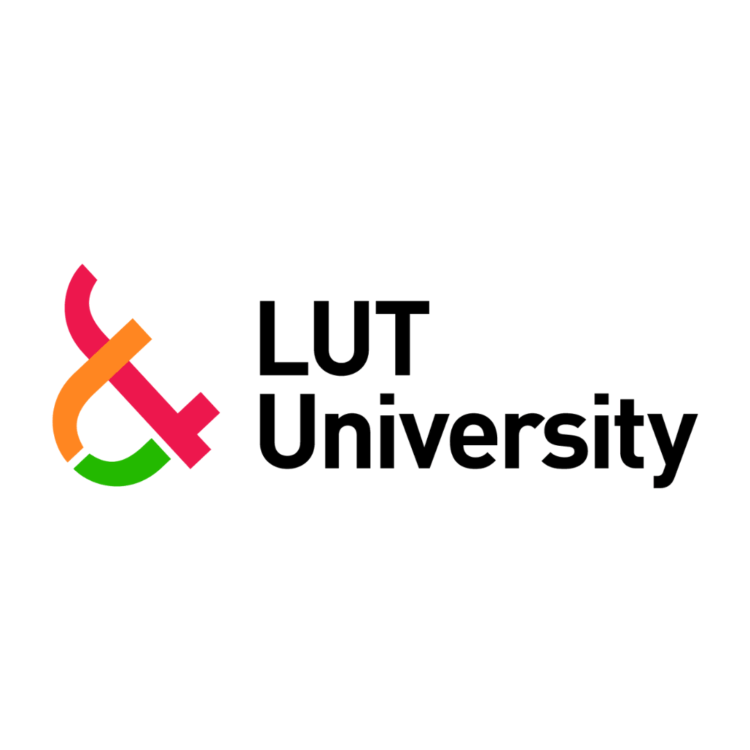 Clean energy, water and air are life-giving resources for which LUT University seeks new solutions with its expertise in technology, business and social sciences. LUT helps society and businesses in their sustainable renewal. LUT’s international community consists of nearly 8 000 members, and its campuses are in Lappeenranta and Lahti, Finland. LUT is one of the world’s top universities for climate action. Our strength lies in systemic understanding – addressing individual challenges as a part of an overall system. To maximize our impact, we are determined to deepen our collaboration with our partners, companies and scientific networks, and to address challenges with an interdisciplinary approach. Our focus areas are:
Clean energy, water and air are life-giving resources for which LUT University seeks new solutions with its expertise in technology, business and social sciences. LUT helps society and businesses in their sustainable renewal. LUT’s international community consists of nearly 8 000 members, and its campuses are in Lappeenranta and Lahti, Finland. LUT is one of the world’s top universities for climate action. Our strength lies in systemic understanding – addressing individual challenges as a part of an overall system. To maximize our impact, we are determined to deepen our collaboration with our partners, companies and scientific networks, and to address challenges with an interdisciplinary approach. Our focus areas are:
Energy
Instead of burning fossil fuels, we promote renewable, emission-free energy.
Air
Instead of releasing emissions, raw materials can be captured from the air for the production of energy and goods.
Water
Instead of polluting, modern water refinement recycles nutrients, circulates water resources, and stops harmful chemical flows into the environment.
Sustainable of Renewal of Business
Instead of resource exploitation, successful business is based on sustainability.
If you would like to contact the university, please email us at [email protected] and we will be happy to connect you.
University of Strathclyde
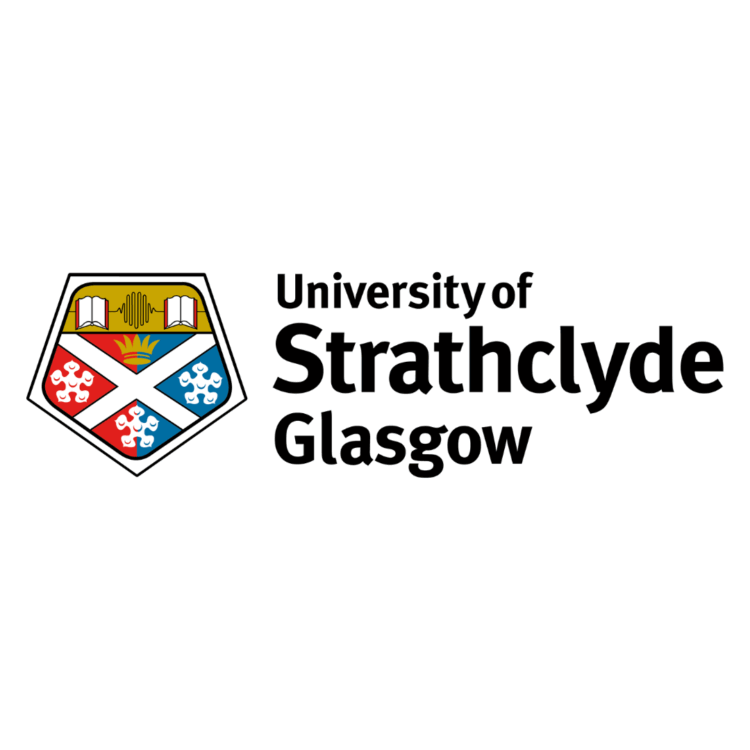 The University of Strathclyde is a leading International technological university based in Glasgow, Scotland. Established as the place of useful learning – with a mission to make the world better-educated, prosperous, healthy, fair and secure – we continue to live by our socially progressive values today, putting sustainability at the heart of our strategy through our commitment to deliver against the United Nations Sustainable Development Goals. We do this by working in partnership to create impact with our City, with Scottish and UK Governments, and with universities, businesses and third sector organisations who share our goals.
The University of Strathclyde is a leading International technological university based in Glasgow, Scotland. Established as the place of useful learning – with a mission to make the world better-educated, prosperous, healthy, fair and secure – we continue to live by our socially progressive values today, putting sustainability at the heart of our strategy through our commitment to deliver against the United Nations Sustainable Development Goals. We do this by working in partnership to create impact with our City, with Scottish and UK Governments, and with universities, businesses and third sector organisations who share our goals.
Websites:
https://www.strath.ac.uk/workwithus/centreforsustainabledevelopment/
https://www.strath.ac.uk/professionalservices/sustainablestrathclyde/
If you would like to contact the university, please email us at [email protected] and we will be happy to connect you.
Technical University of Munich
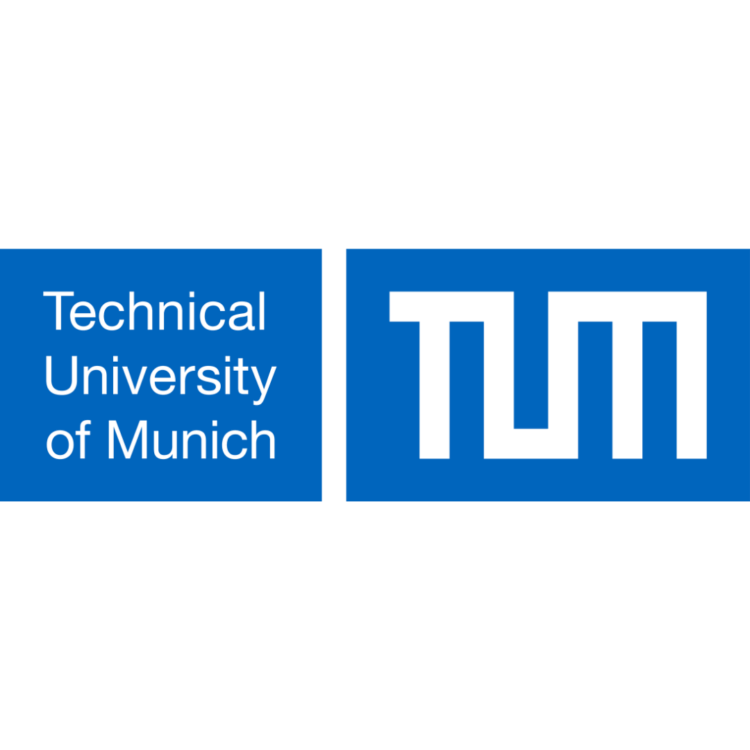 The Technical University of Munich (TUM) was founded in 1868 as the Royal Bavarian Polytechnic of Munich. Today, TUM is a site of global knowledge exchange, shaping the future with talent, excellence and responsibility. TUM combines top-class facilities for cutting-edge research with unique learning opportunities for students. It is committed to finding solutions to the major challenges facing society as we move forward. The university thinks and acts with an entrepreneurial spirit. Its aim: to create lasting value for society.
The Technical University of Munich (TUM) was founded in 1868 as the Royal Bavarian Polytechnic of Munich. Today, TUM is a site of global knowledge exchange, shaping the future with talent, excellence and responsibility. TUM combines top-class facilities for cutting-edge research with unique learning opportunities for students. It is committed to finding solutions to the major challenges facing society as we move forward. The university thinks and acts with an entrepreneurial spirit. Its aim: to create lasting value for society.
Website: https://www.tum.de/sustainability
If you would like to contact the university, please email us at [email protected] and we will be happy to connect you.
University of Vaasa
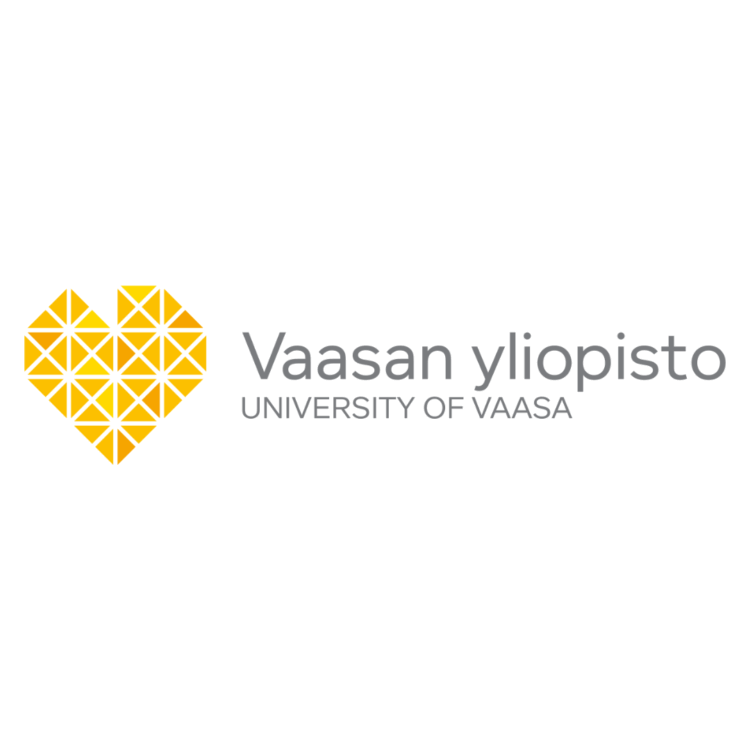 The University of Vaasa is focused on responsible business. Our core competence consists of high-level expertise in business, technology, management and communications. The University of Vaasa is located at the heart of Northern Europe’s largest energy and environment business cluster. We consider advancing the renewal of the energy sector as a means to combat climate change as a core part of our mission.
The University of Vaasa is focused on responsible business. Our core competence consists of high-level expertise in business, technology, management and communications. The University of Vaasa is located at the heart of Northern Europe’s largest energy and environment business cluster. We consider advancing the renewal of the energy sector as a means to combat climate change as a core part of our mission.
According to the University’s vision, our work advances positive and sustainable development for individuals, communities and the world at large. We carry out research that help address the complex challenges facing our society.
In research, we focus particularly on the following strategic areas: management and change, energy and sustainable development, and finance and economic decision-making.
Through our activities, we bring energy to business and society. Our open, multidisciplinary and phenomenon-based research platforms work in broad collaboration with business and public sector.
We educate future experts and leaders with an international mindset. The University of Vaasa offers degree programmes at all academic levels, from Bachelor’s to Doctoral degrees.
The educational experience at the University of Vaasa emphasises the role of community and interaction. We are developing, in close cooperation with different university departments, the integration of sustainable development and responsibility in all of our degree programmes.
Our graduates enjoy excellent employment opportunities, and employers hold degrees earned from the University of Vaasa in high regard. We offer basic courses in business competence to all students; business acumen is a competitive advantage in whichever field one specialises.
Our mission is to do impactful research and educate experts that address the needs of society today and in the future. We advance competitiveness, innovation and sustainable development in business, technology and society.
If you would like to contact the university, please email us at [email protected] and we will be happy to connect you.
Universidad Politécnica de Madrid
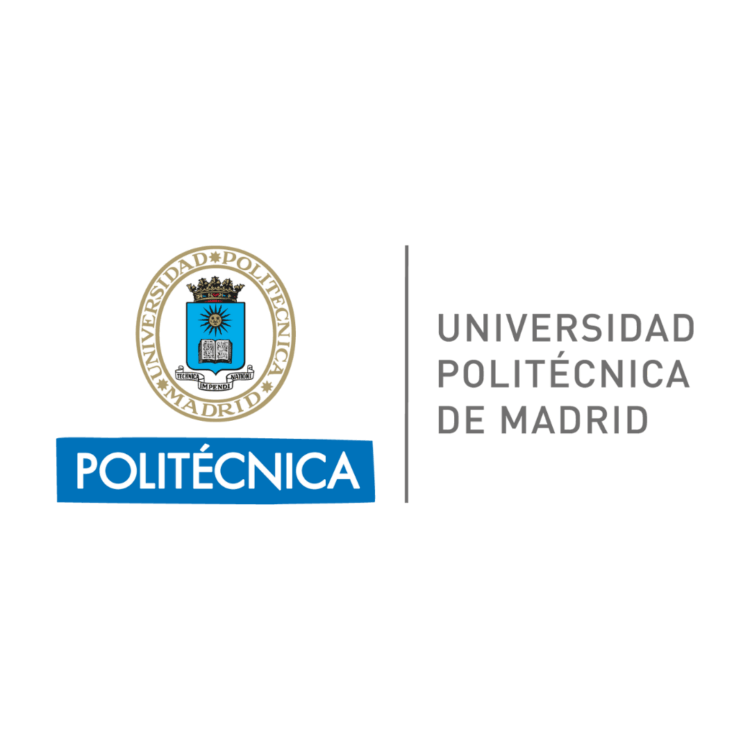 Universidad Politécnica de Madrid (UPM) is the oldest technical university Spain, oriented to research, with specialities in Engineering, Architecture, Sport Science and Fashion Design. It is located in Madrid Region, Spain, with 18 Schools and 21 research centres placed in the four campus of the University. UPM was created in 1971 merging the classical Spanish Engineering and Architecture Schools, some of them where founded in Eighteenth century. UPM is specialized in technology, with more than 4000 staff members and 35000 students. UPM is committed to the compliance of the Sustainable Development Goals of the UN Agenda 2030, and has established a well defined sustainability policy.
Universidad Politécnica de Madrid (UPM) is the oldest technical university Spain, oriented to research, with specialities in Engineering, Architecture, Sport Science and Fashion Design. It is located in Madrid Region, Spain, with 18 Schools and 21 research centres placed in the four campus of the University. UPM was created in 1971 merging the classical Spanish Engineering and Architecture Schools, some of them where founded in Eighteenth century. UPM is specialized in technology, with more than 4000 staff members and 35000 students. UPM is committed to the compliance of the Sustainable Development Goals of the UN Agenda 2030, and has established a well defined sustainability policy.
If you would like to contact the university, please email us at [email protected] and we will be happy to connect you.
University of Twente
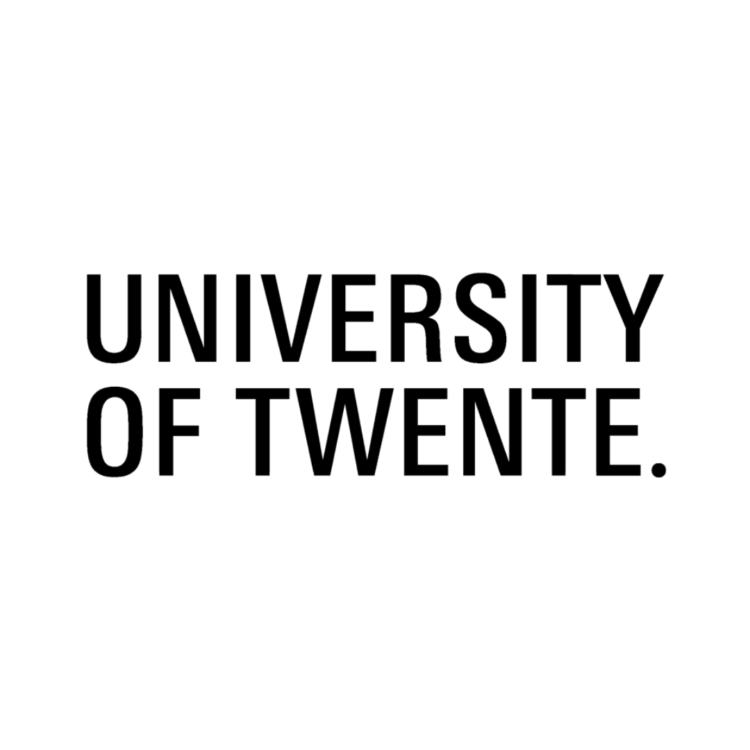 At the University of Twente, we are pioneers in fusing technology, science and engineering with social sciences to impact the world around us. Working in a cross-disciplinary way is widespread enabling technical and social/governance research to benefit from this collaboration.
At the University of Twente, we are pioneers in fusing technology, science and engineering with social sciences to impact the world around us. Working in a cross-disciplinary way is widespread enabling technical and social/governance research to benefit from this collaboration.
The University of Twente has recently adopted a new strategy called Shaping 2030, placing sustainability more clearly at the core of it. This strategy will be implemented through all faculty plans and departmental plans.
If you would like to contact the university, please email us at [email protected] and we will be happy to connect you.
University of Basel
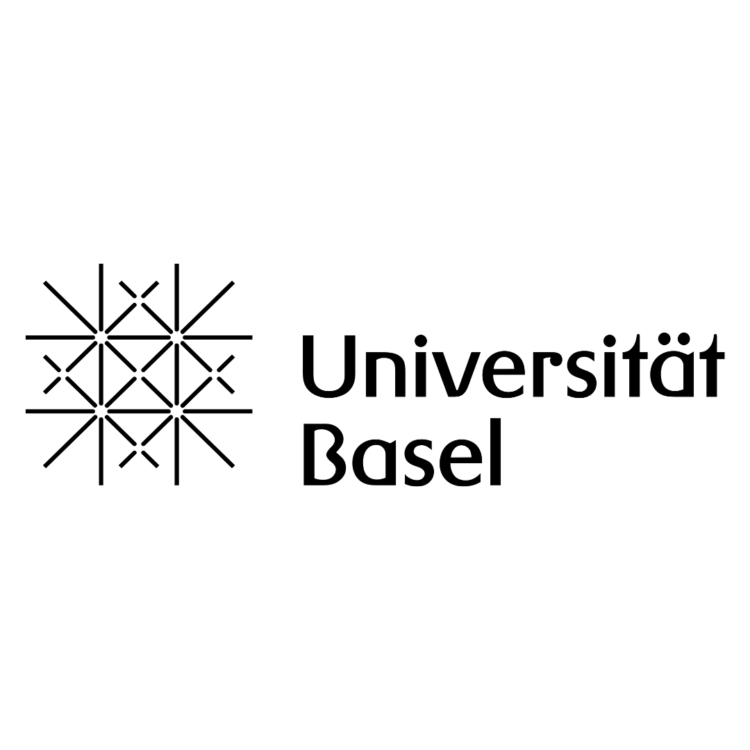 The University of Basel (Unibas) has an international reputation of outstanding achievements in research and teaching. Founded in 1460, Unibas is the oldest university in Switzerland and has a history of success going back over 550 years.
The University of Basel (Unibas) has an international reputation of outstanding achievements in research and teaching. Founded in 1460, Unibas is the oldest university in Switzerland and has a history of success going back over 550 years.
As a comprehensive university offering a wide range of high-quality educational opportunities, Unibas attracts students from Switzerland and the entire world, offering them outstanding studying conditions as they work towards their bachelor’s, master’s or PhD degrees. Today, Unibas has around 13,000 students from over a hundred nations, including 2,800 PhD students.
Unibas has seven faculties covering a wide spectrum of academic disciplines. At the same time, the university has positioned itself amidst the international competition in the form of five strategic focal areas: Life Sciences, Visual Studies, Nanosciences, Sustainability and Energy Research and European and Global Studies. In international rankings, Unibas is regularly placed among the 100 top universities in the world thanks to its research achievements.
Unibas has deep roots in the economically powerful and culturally rich Basel region. The university also works closely with domestic and international partners to make relevant contributions to the advancement of the sciences and society. This also means that Unibas pays particular attention to aspects of sustainability, equal opportunity and knowledge transfer.
If you would like to contact the university, please email us at [email protected] and we will be happy to connect you.
